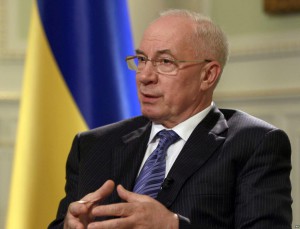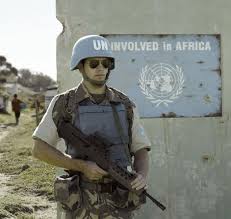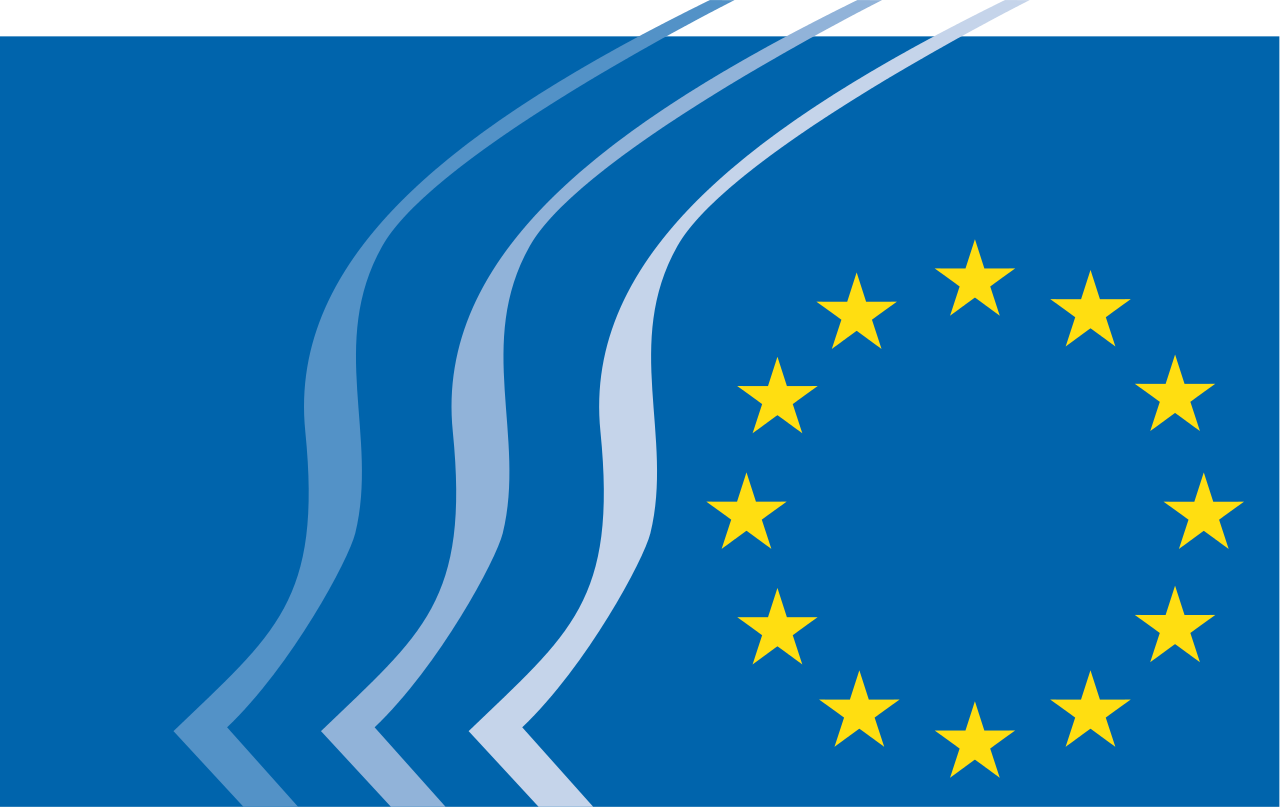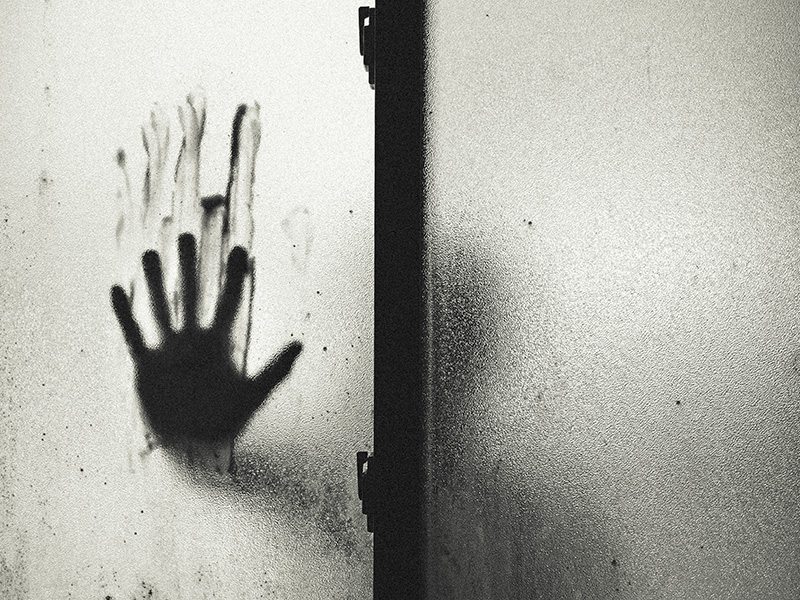On Tuesday, January 21, 2014 Ukrainian Prime Minister, Mykola Azarov, resigned hours before a planned vote of no confidence in Parliament. The same day, the ruling Party of Regions joined the official opposition to repeal most of the laws enacted a few weeks prior to restrict freedoms of speech and assembly, among others. Despite these important concessions made by President Viktor Yanukovich, the opposition lawmakers are not satisfied with the course of action taken by the government.
This course has included turning away from an economic association agreement with the European Union, which was to be signed at a summit in Lithuania in November 2013. Instead, the President chose closer association with Russia by signing a deal with Russian President Vladimir Putin at a meeting in the Kremlin on December 17, 2013, under the terms of which the Russian government will invest $15 billion in Ukrainian government bonds. At the same time, Russia will decrease the price of gas exports to Ukraine from $400 per 1,000 cubic metres to $268.
Following the signing of the agreement, the peaceful pro-EU demonstrations in downtown Kyiv turned violent with protestors clashing with riot police on the streets and in occupied government buildings. As of February 4, the media has reported at least 4 people killed on Euromaidan with numerous others jailed or missing. The violence has spread to other cities in Ukraine, including a traditionally pro-Russian East, as the opposition continues to call for the resignation of the embattled President Yanukovich. 
Aside from the violence, the main concern is the political deadlock, which continues to grip Ukraine as Yanukovich and the opposition leaders, Vitali Klitschko (UDAR Party), Oleh Tiahnybok (Svoboda Party), Arseniy Yatseniuk (Fatherland Party), have not been able to hold successful negotiations. The day before Prime Minister Azarov resigned, Arseniy Yatseniuk was offered the position of Prime Minister, which he refused on the grounds that such a change would not be popular with the people. Of the three opposition leaders, no one dominates the political scene and no one is willing to take up office under the current government.
The official opposition does not present a united front, despite being allied in its anti-government rhetoric. While the parties do not hold mutually exclusive platforms, it is unclear whether they would be able to successfully govern as a coalition. Should Yanukovich resign in the near future, who would form the new government and become the next President? This is one of the central questions facing Ukraine today. The lack of a single opposition leader, supported by the people, does not bode well for the future of Ukrainian politics.
In addition to the internal situation, the strong political and economic influence from abroad has only served to worsen domestic turmoil. Ukraine, by its geopolitical location alone, has been a contested territory for much of its history and continues to represent a buffer zone between the West and Russia. While the EU has made it clear that the Ukrainian government has missed its chance to sign the association agreement, the Kremlin has been actively pressuring the Ukrainian government to consider joining the Customs Union along with Belarus and Kazakhstan. Speaking at the European Union leaders summit in Brussels in December, 2013 NATO Secretary General Rasmussen criticized Russia for pressuring Kyiv not to sign the trade agreement with the European Union. So far, such criticism from the West has been ineffective.
So as Euromaidan rallies continue to take place, now entering their third month, and clashes between riot police and demonstrators continue to result in injuries and deaths, the future of Ukraine remains unclear. How long can President Yanukovich withstand the pressure of the opposition? How long can the opposition support the full force of the Euromaidan? To what outcome will Euromaidan lead?
While no single answer can be found to these questions, it is important to be asking them. Ukraine’s future depends on the actions of all the political forces acting today and their choices will directly result in the country’s future, whatever it may be.




